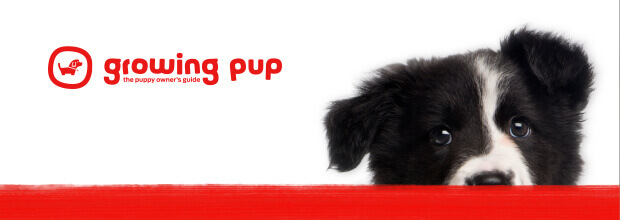- Dog suitable for experienced owners
- Extra training required
- Enjoys active walks
- Enjoys walking an hour a day
- Large dog
- Minimum drool
- Requires grooming once a week
- Non hypoallergenic breed
- Quiet dog
- Guard dog. Barks, alerts and it's physically protective
- May require training to live with other pets
- May require training to live with kids














